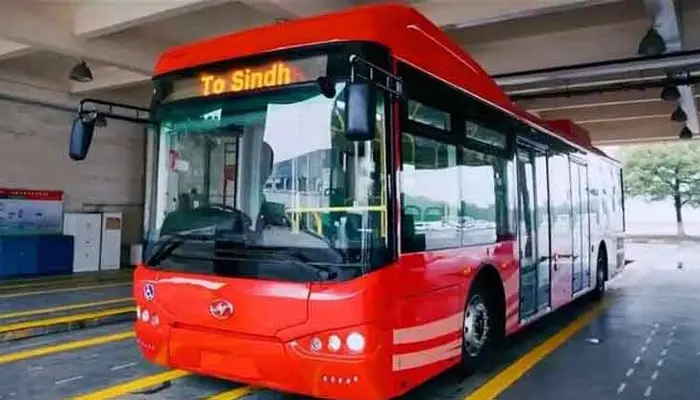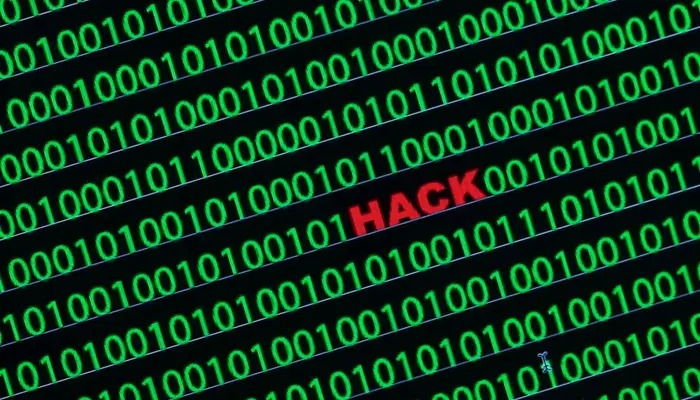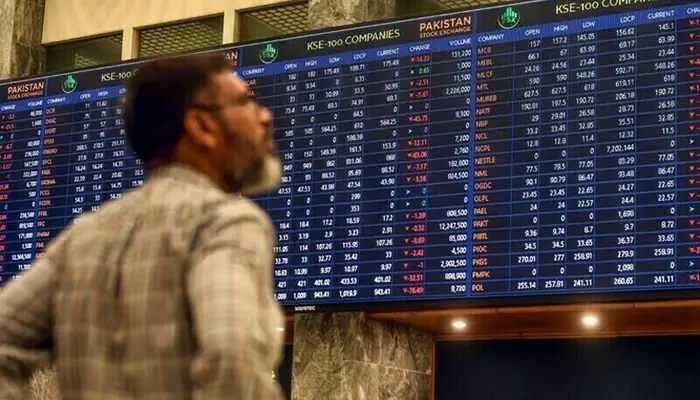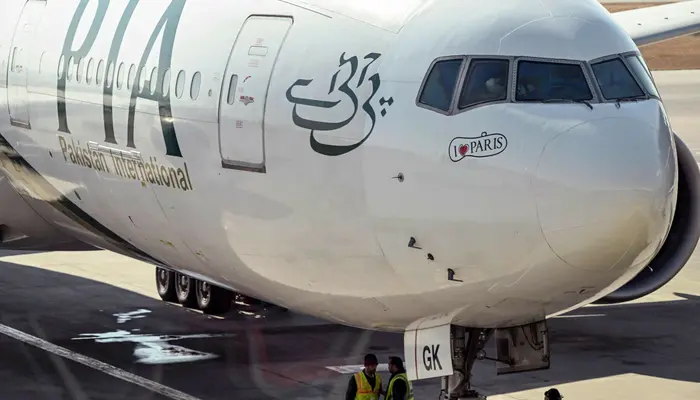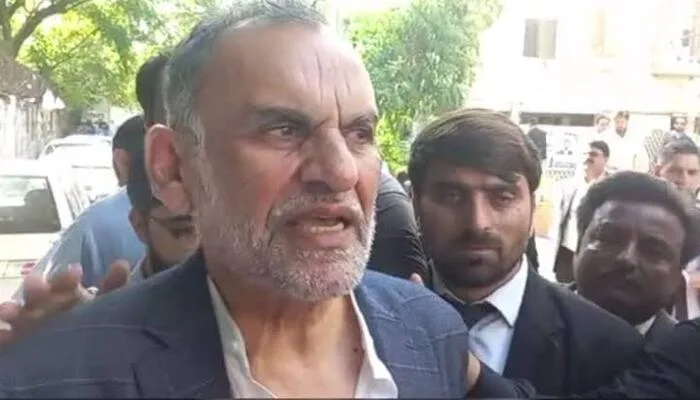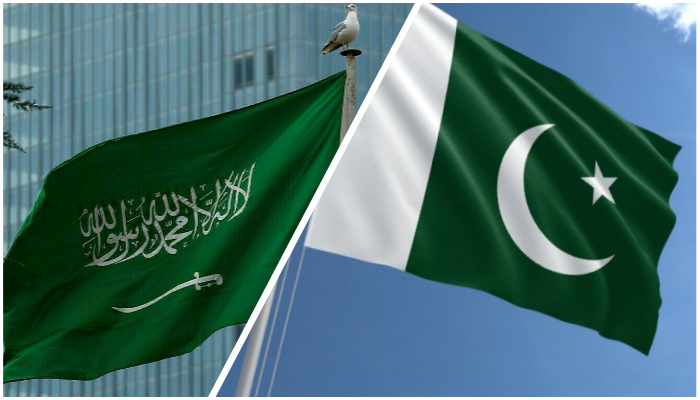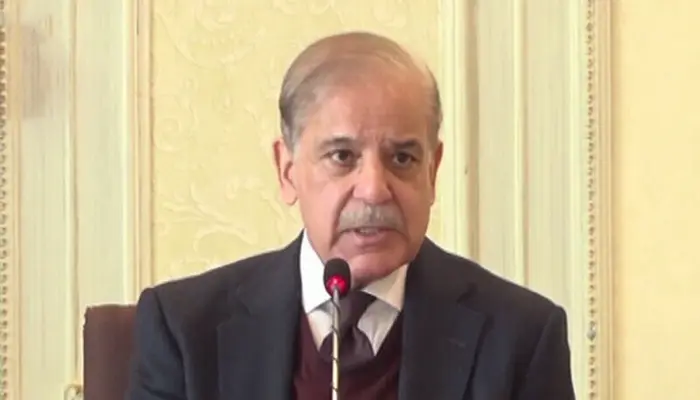
The government has decided to launch a corruption-free Ramazan relief package without involving the Utility Stores Corporation (USC) to ensure transparency and quality. Prime Minister Shehbaz Sharif announced this decision during a federal cabinet meeting in Islamabad, emphasizing that the move aims to prevent corruption and eliminate the distribution of low-quality goods.
A Shift in Strategy for Ramazan Relief
Traditionally, the Ramazan package has been distributed through utility stores, but complaints of mismanagement and poor-quality products have prompted a change. Earlier this year, the federal cabinet set up a high-level committee to strategize the shutdown of USC operations nationwide.
Instead of utility stores, the government is now coordinating with the Benazir Income Support Programme (BISP) to ensure that deserving citizens receive essential commodities in Ramazan. This shift is part of a broader reform initiative to improve economic efficiency and reduce financial losses.
Addressing Corruption and Quality Concerns
PM Shehbaz stressed that past Ramazan relief efforts through utility stores had led to widespread complaints. He stated that many citizens received substandard goods, while corruption plagued the distribution process. By removing USC from the Ramazan package, the government aims to create a more transparent and accountable system.
Security Measures and Polio Vaccination Efforts
During the cabinet meeting, the prime minister also addressed security concerns related to the polio vaccination drive. He paid tribute to a police officer killed while protecting a polio team in Jamrud, reaffirming the government’s commitment to eradicating the disease.
Shehbaz also visited security personnel injured in Kalat, where anti-terrorism operations have intensified. He praised the bravery of army, police, FC, and Rangers personnel, stating that their sacrifices are a response to past mistakes that allowed terrorists to regain strength.
Read: Pakistan, Saudi Arabia Sign $1.61 Billion Agreements
Economic Growth and Inflation Control
PM Shehbaz expressed confidence in Pakistan’s economic recovery, highlighting a significant drop in inflation. The country’s annual inflation rate fell to a nine-year low of 2.4% in January, largely due to a decline in perishable food prices.
Despite this progress, some essential commodities, such as sugar, vegetables, and edible oils, continue to see price hikes. The government has allowed sugar exports, particularly to Afghanistan, citing surplus stock as justification.
Strengthening Foreign Reserves and Agricultural Reforms
Shehbaz praised Sindh and Balochistan for implementing an agriculture tax, a critical step toward fulfilling IMF requirements. This reform follows similar moves by Punjab and Khyber Pakhtunkhwa, aligning with Pakistan’s $7 billion IMF agreement.
Additionally, he highlighted Pakistan’s recent $1.2 billion deferred oil payment deal with Saudi Arabia, which will strengthen foreign reserves. Another $41 million agreement with the Saudi Development Fund will finance a gravity-flow water scheme in Mansehra, ensuring clean drinking water for thousands of residents.
Government’s Focus on Stability and Progress
With major economic reforms underway, the government remains focused on economic growth, price stability, and improved governance. The latest initiatives, including the Ramazan package overhaul and foreign investment deals, signal a strategic shift toward transparency and long-term stability.
Follow us on Google News, Instagram, YouTube, Facebook,Whats App, and TikTok for latest updates


